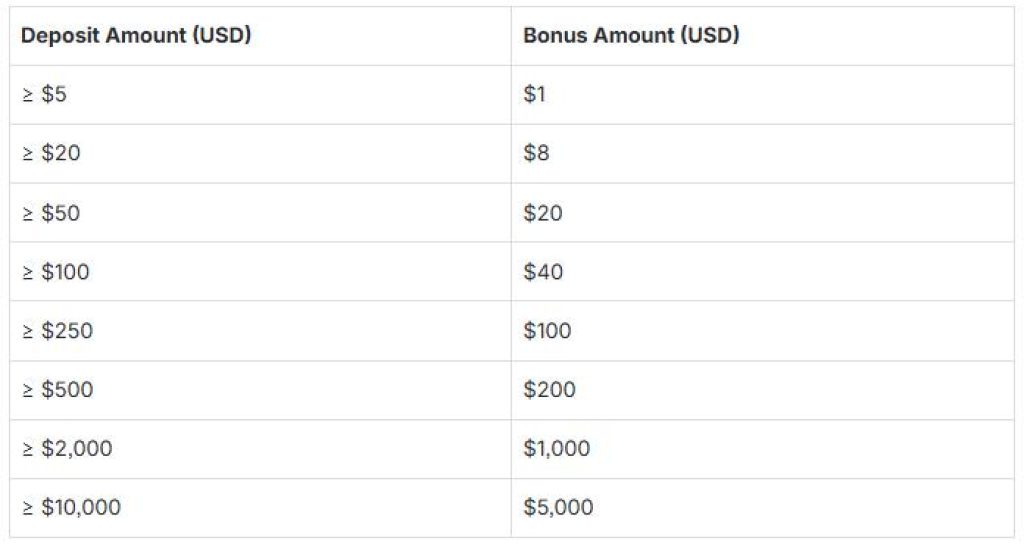Prop Firm Scams: How to Spot and Avoid Fraudulent Trading Firms

The rise of proprietary trading has opened opportunities for many traders to access funded accounts and trade with significant capital. However, not all prop firms are legitimate. Some operate as scams, luring traders with promises of instant funding, high profit splits, or no-risk evaluations—only to withhold payouts, impose hidden fees, or disappear entirely. Knowing how to identify red flags and verify a firm’s credibility is crucial to protecting your money and time.
In this guide, we’ll cover the common warning signs of prop firm scams and provide actionable tips to safely navigate the world of funded trading.
How Reliable Are Prop Firms?
With prop trading firms, you can access substantial capital without risking your own funds. In exchange, however, the firm typically takes a share of your profits after you’ve proven your skills through an evaluation process. With many firms, you’ll keep 70% to 90% of your earnings, making this model appealing for those with talent but limited personal capital.
But one question still lingers: Are prop firms legit? For the most part, the business model itself is legitimate — but only when done right.
Good prop firms win when you win, but unfortunately, not all firms play a fair game. With some firms, you’ll encounter excessive fees or evaluation criteria so demanding that you never reach a live account.
This is because the prop trading space is still growing, and many firms are operating in legal gray areas. Always take the time to check a firm’s reputation and confirm whether it follows the right compliance standards before committing.
Red Flags to Watch for When Trading With Prop Firms
Experience can show that not all prop firms operate in your best interests. Choosing the wrong one can lead to unnecessary costs and disappointing results. Below are a few signs of prop firm scams you need to look out for:
Unrealistic Profit Targets & Payouts
When a firm promises sky-high earnings or profit splits of 90% to 100%, take a closer look — chances are that it’s too good to be true. While it’s possible to earn competitive payouts, offers this extreme often come with plenty of strings attached. You might get vague terms, hidden fees, or strict evaluation criteria, pushing you toward risky decisions that make success much harder.
Excessive Fees & Hidden Costs
High fees can drain your profits before you’ve even started trading. If a firm insists on payment before you’ve proven your skills, it might be a cue to walk away.
For instance, some companies may punish minor slip-ups, like charging $50 for missing a trading day or denying you payouts for “violating” vague risk rules. Others might charge a $200 “evaluation fee,” which may seem standard until you find out it’s non-refundable, even if you pass their assessment.
No Real Funding, Only Simulated Trading
It’s increasingly common to find firms promising quick funding without ever putting real money on the line. For instance, you could end up stuck in demo accounts and told it’s part of an “extended evaluation” or “additional testing phase.” With such a setup, you risk your time and money without seeing real profits.
If a company keeps shifting the standards — adding new “tests” or “phases” after you’ve already met requirements — you might need to start questioning its motives.
Strict & Unfair Rules Designed to Fail Traders
Evaluation rules can make it seem like the odds are stacked against you. Some firms normally demand high-profit targets within tight timeframes or enforce technical restrictions like minimum holding periods that limit your strategy. Even worse, the rules could change without warning, leaving you in a difficult position.
Delayed or Denied Withdrawals
After weeks of profitable trading, you’re eager to reap the rewards of your hard work, but you might hit a roadblock when it’s time to get paid. Some firms may delay withdrawals, citing “additional reviews” or “technical issues.” In the worst-case scenario, they might deny your payout altogether.
Lack of Regulation or Business Transparency
A clear sign of an MT5 trading scam is a lack of transparency. Some prop firms operate in the shadows, hiding their registration details, leadership teams, or physical addresses. Proceed with caution in such cases; you might find yourself dealing with a company that disappears when issues arise, leaving you with no support or recourse.
Key Factors to Assess the Reliability of Prop Firms
When assessing reliability, consider these factors:
Verify Company Background
Take the time to understand a prop firm’s background. Check its registration, compliance, and how long it’s been around. Cross-check its claims using domain ownership tools or regulatory databases like the SEC, FCA, or ASIC. Look past the immediate impression:
- Is it transparent about its operations?
- Does it list real people and real offices?
- Does it list a physical office or just a P.O. box?
Reliable firms typically have a clear history of supporting traders and a good reputation in the trading community.
Transparent Fee Structures
You must know exactly what you’re paying for to avoid costly surprises. Look for transparency on:
- Evaluation or challenge fees
- Reset fees
- Live account activation fees
- The earnings you get to keep
- Any costs tied to cashing out your profits
- Platform and data feed costs
Firms that bury these details in fine print or add surprise fees later typically fall under prop trading firm scams.
Clear Trading Rules
Look for firms with fair, well-defined policies, like:
- Reasonable profit targets and drawdown limits
- Clearly defined evaluation processes
- Flexible trading conditions
When the rules are clearly defined and reasonable, you can focus on trading well.
Proven Payout History
To avoid prop firm scams, look past the flashy promises. The reliable ones prove their credibility with a consistent track record of paying traders on time.
Here’s what to check:
- Clear withdrawal processes and schedules
- Reasonable minimum payout thresholds
- Real trader testimonials with payment proof
If you’ve met the requirements and earned your payouts, your profits shouldn’t be up for debate, so try to steer clear of any firm that delays or denies what you’ve fairly earned.
Strong Customer Support & Reputation
When encountering a problem, you don’t want to wait days for an email reply only to get canned responses or endless redirects. A prop firm’s support system says a lot about how it treats its traders, so prioritize firms with multiple support channels, quick response times, and helpful staff.
Tread Carefully With Prop Firms
A good firm provides support, fair funding, and a real shot at success, but not every firm plays a fair game. Hidden fees, harsh rules, and sketchy payout practices can put you at a serious disadvantage, draining your profits and testing your patience.
The key is to approach prop firms with curiosity while remaining sharp. Do your homework, ask the right questions, and trust your instincts.
Frequently Asked Questions
A
DNA Funded, The5%ers, Topstep, FundedNext, and Hola Prime are some of the prop firms that have established strong reputations in the prop trading industry.
A
Legitimate prop firms do pay out, but you need to take your time to find one with a proven, consistent payout history and clear withdrawal terms.
A





